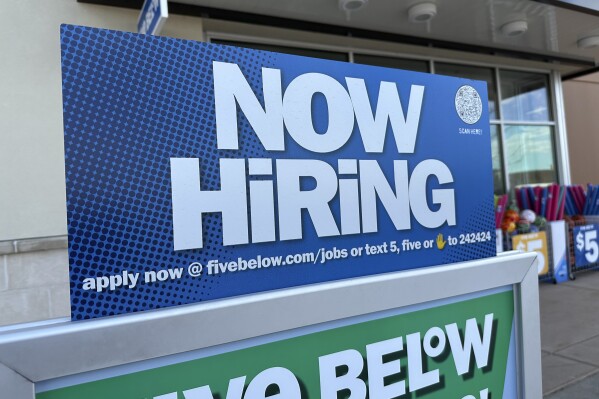Kansas has some of the nation’s lowest benefits for injured workers. They’ll increase in July
TOPEKA, Kan. (AP) — Kansas will increase what have been among the lowest benefits in the U.S. for workers who are injured or killed on the job under bipartisan legislation that Gov. Laura Kelly signed into law Thursday.
The new law is set to take effect in July and includes the first increases in the state’s caps on total workers’ compensation benefits since 2011. The bill emerged from talks among business lawyers and labor attorneys, and the Republican-controlled Legislature approved it unchanged and sent it to the Democratic governor with no lawmaker opposing it.
The total benefit for the family of a worker killed on the job will rise from $300,000 to $500,000 and the cap on benefits for a worker whose injury results in a permanent and total disability will jump from $155,000 to $400,000.
Kansas was among only a handful of states that capped benefits for a permanent and total disability, and its cap was the lowest, according to a 2022 report from the nonprofit National Academy of Social Insurance. Its total possible death benefits and its weekly maximum benefits were lower than those in all but a few states.
“The reforms in this legislation will create a more just and efficient workers compensation system that increases the benefits for injured workers while creating administrative efficiencies and maintaining stability for businesses,” Kelly said in a statement.



Labor unions and trial attorneys have argued since the early 1990s that changes meant to hold down businesses’ insurance costs often shorted employees. Workers receive benefits set by state law because they can’t sue their employers.
The insurance academy’s report said the total workers’ compensation benefits paid in Kansas per $100 of wages dropped more than 18% between 2016 and 2020 to 59 cents, 13% below the U.S. average of 68 cents.
But Kelly said the new law also will streamline the handling of workers’ compensation claims by restricting medical exams, requiring timely exchanges of medical records and allowing claims to be settled without hearings.
“Thankfully, experienced, level-headed professionals on both sides of this issue were able and willing to work together,” said House commerce committee Chair Sean Tarwater, a Kansas City-area Republican.
Disclaimer: The copyright of this article belongs to the original author. Reposting this article is solely for the purpose of information dissemination and does not constitute any investment advice. If there is any infringement, please contact us immediately. We will make corrections or deletions as necessary. Thank you.



